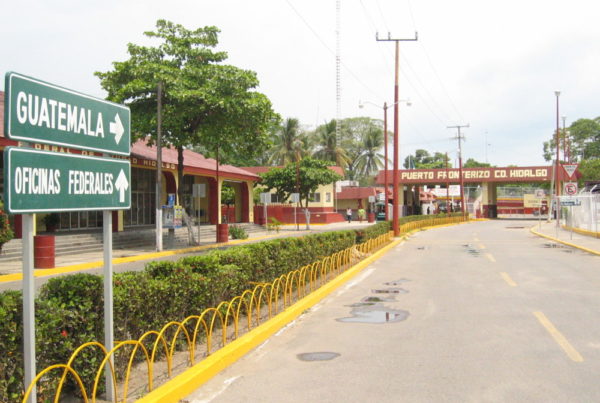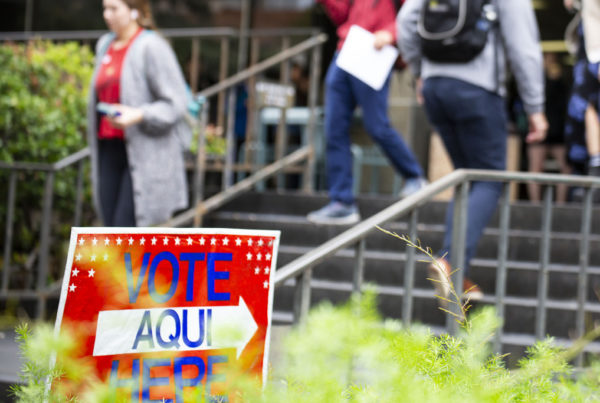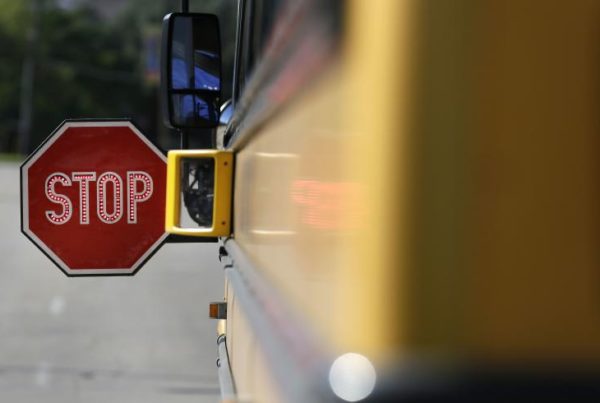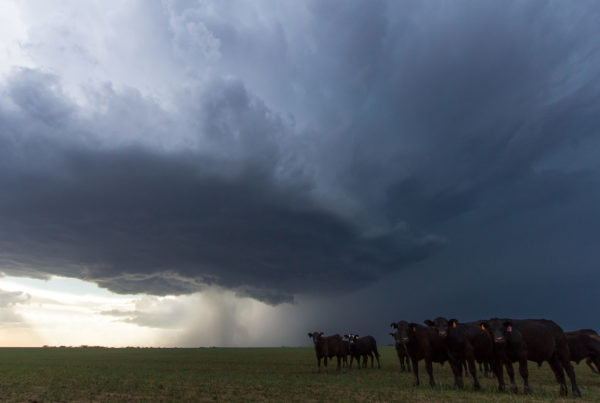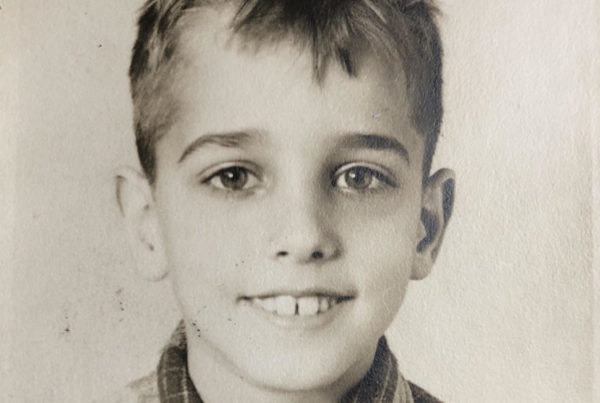The number of juvenile offenders sent to prison is going down statewide – but not everywhere. The Houston Chronicle reports that there are some conspicuous exceptions to this trend: “Two Harris County judges who accounted for more than one-fifth of all children sent to the state’s juvenile prisons last year,” the story said.
“There has been an increase in aggravated robberies with kids [in Harris County], and there has been some increase in the number of kids in courts that have charges that would make them eligible for state juvenile facilities,” says Keri Blakinger, who covers prisons and the death penalty for the Houston Chronicle.
These increases in charges and crimes only explains part of this increase in the rate of juvenile incarceration.
“There are three juvenile criminal judges in Harris County, and two of them are sending kids to [the Texas Juvenile Justice Department] at higher numbers than the third judge,” says Blakinger.
She says the two judges could be responsible for the high number of juvenile offenders referred from Harris County.
“Last year it was around 25 percent of the kids who were sent to TJJD came from Harris County, and by contrast, Harris County has somewhere around 15 percent of the state’s population,” says Blakinger. “It appears it comes down to is judicial discretion.”
The number of juveniles coming from Harris County has doubled over the past four years, according to Blakinger. Additionally, these numbers seem to intersect with a racial disparity. 96 percent of offenders who have been sent to juvenile prisons are children of color.
One of the explanations behind this lies in the judge’s decision to approve probation or not.
“One of the factors the judges tend to consider is how much supervision there is, because kids are more likely to be successful in probation if there’s adequate parental supervision,” Blakinger says. “This is where we see some trickled on effect from mass incarceration of adults because with the children of color, there’s an increased likelihood that their mom or dad might be in prison and thus unable to provide supervision.”
Written by Alvaro Cepedes.




